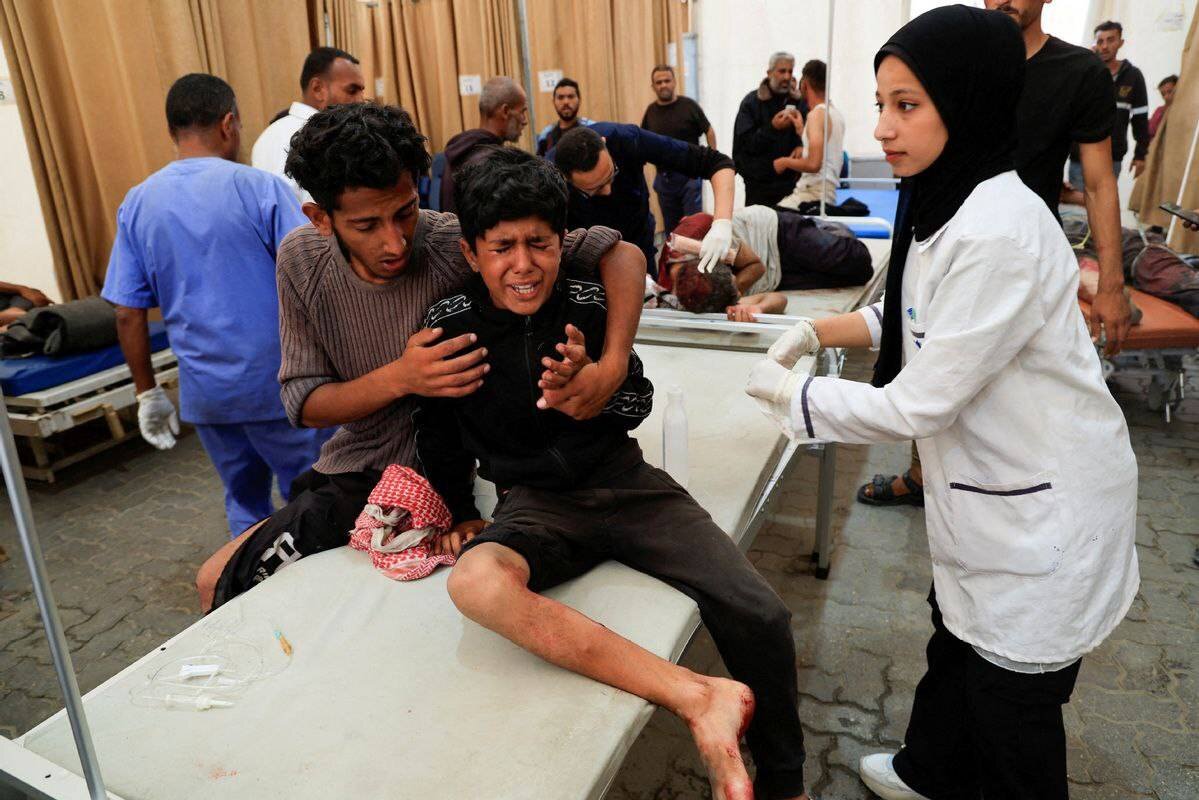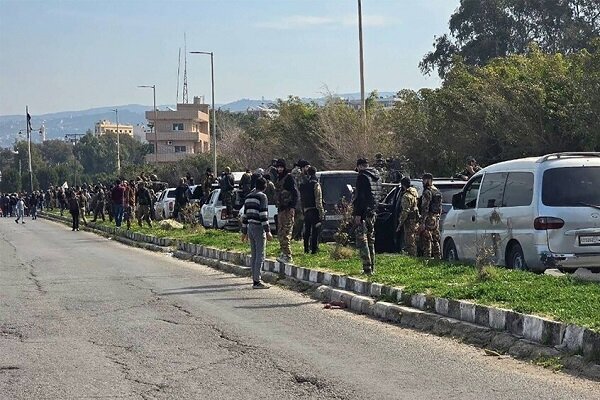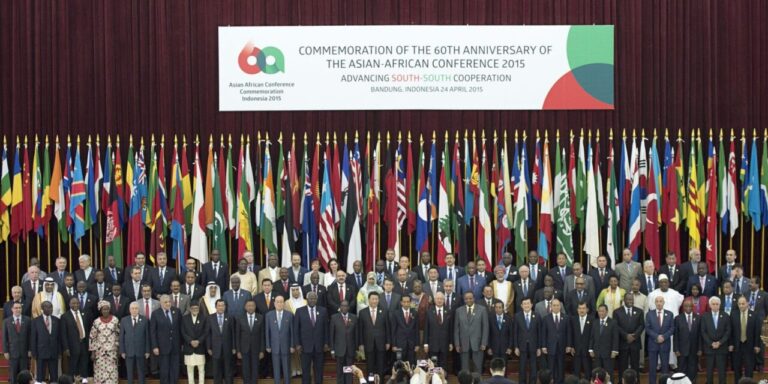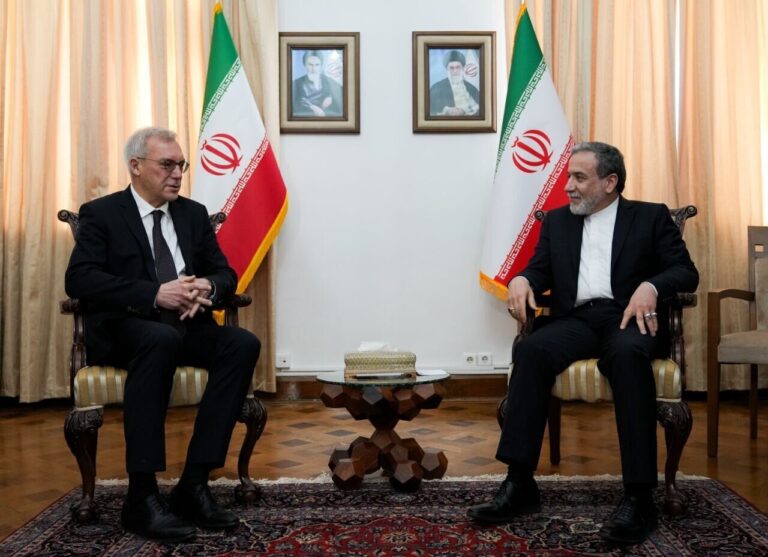
Similar Posts

US Negotiations Center on Nuclear Concerns and Sanction Relief
In a recent interview, Iranian deputy foreign minister Kazem Gharibabadi asserted that Iran will not discuss non-nuclear issues, emphasizing its commitment to maintaining nuclear rights and uranium enrichment capabilities. He stated that discussions should focus on achieving a fair and durable agreement that withstands political changes, unlike the 2015 JCPOA, from which the U.S. withdrew. The next round of talks is set for Rome, with Oman continuing as a mediator. Gharibabadi highlighted Iran’s readiness to reach an agreement promptly, reinforcing the nation’s firm stance on its nuclear program and the importance of a lasting resolution to ongoing tensions.

Exploring the Legacy of Imam Hassan al-Mujtaba: A Captivating Overview of His Life
Imam Hassan Mujtaba (as), the second Imam in Islamic history, is celebrated for his generosity and noble character. Born in 3 A.H. in Medina, he was the son of Imam Ali (as) and Hadhrat Fatimah (as). After the martyrdom of Imam Ali (as), he became the leader of the Ahlul Bayt and the Shia community. Known for his unmatched hospitality, Imam Hassan shared meals with the needy and provided for the less fortunate. His compassion extended even towards adversaries, exemplified by his gentle responses to hostility. Tragically, he was poisoned due to betrayal, leaving a legacy of kindness and charity that continues to inspire.

Tragic New Delhi Train Station Stampede Claims 15 Lives: A Call for Safety Reforms
A tragic stampede in Prayagraj, India, occurred just before the Maha Kumbh festival, resulting in at least 13 deaths, including women and children, and numerous injuries. Eyewitnesses described overwhelming crowds at the train station, highlighting the need for improved crowd management. Indian Prime Minister Narendra Modi and other officials expressed condolences, prompting calls for better safety measures at large events. Local authorities are reviewing crowd control strategies and emergency response plans to prevent future incidents. As the nation mourns, community leaders emphasize that religious festivals should prioritize the safety and well-being of attendees.

Lebanon’s Vulnerability: The Rising Threat of Sectarian Violence Spillover from Syria
The recent violence against Syrian civilians, especially the Alawite sect, exposes the hypocrisy of the HTS-led regime, undermining claims of prioritizing peace and justice. Lebanon, with its proximity and sectarian similarities, faces significant repercussions, particularly affecting its Druze community and heightening tensions along the Syrian border. The Syrian refugee crisis, worsened by violence, poses challenges for Lebanon’s humanitarian situation. Additionally, Israeli incursions further complicate security for Lebanese forces. Amid these threats, Hezbollah’s military capabilities are seen as essential for regional stability. The ongoing turmoil in Syria deeply influences Lebanon’s political and social dynamics, raising concerns for broader regional security.

Reviving the Bandung Spirit: A Modern Perspective on Its Timeless Value
Seventy years after the Bandung Conference in 1955, its principles continue to inspire emerging nations advocating for rights and sovereignty amid rising global challenges. This landmark event symbolized a commitment to cooperation, peace, and sustainable development among Asian and African nations, emphasizing self-reliance and opposition to hegemonic powers. The conference’s ideals advocate for a just international order, mutual respect for sovereignty, and equality in global discussions. The Bandung Spirit encourages solidarity among the Global South, promoting diplomatic solutions and collaborative efforts to address contemporary issues and strive for a future characterized by shared prosperity and mutual respect.

Iran and Russia Unite: Strategic Talks on Strengthening Regional Peace and Cooperation
Iran’s foreign minister highlighted the strengthening relations between Iran and Russia, emphasizing the desire for deeper bilateral ties. Recent trilateral consultations in Beijing with Russia and China focused on mutual interests and the importance of upholding international law. Key areas for enhanced cooperation include economic collaboration, energy projects, regional security, and cultural exchanges. The Iranian government aims to leverage this partnership to address global challenges, reflecting a strategic vision for international relations. As the relationship evolves, it may significantly impact regional dynamics and contribute to shared objectives among the three nations, emphasizing the importance of ongoing diplomatic efforts.